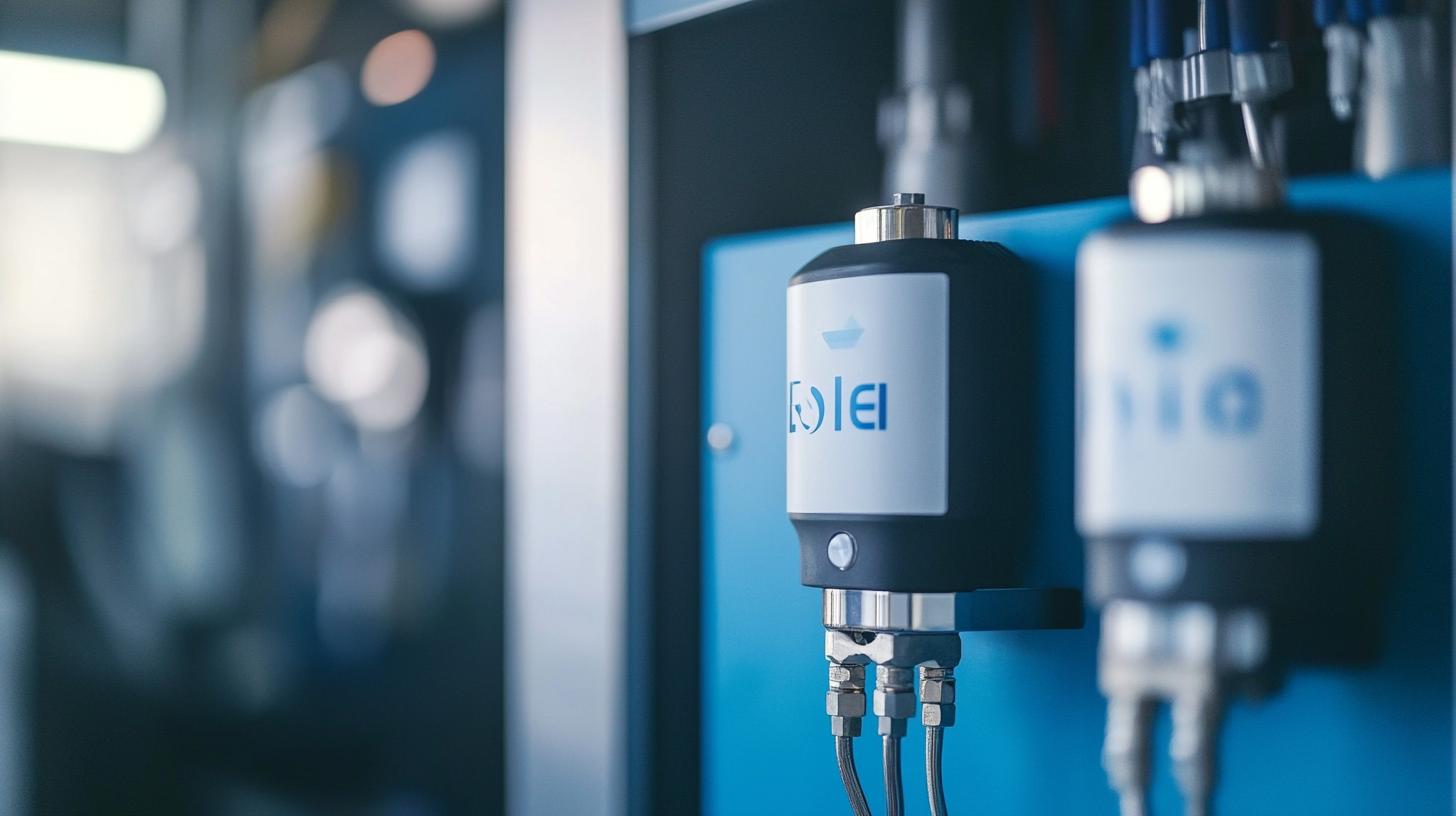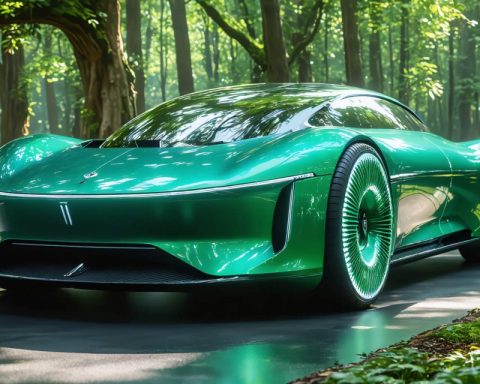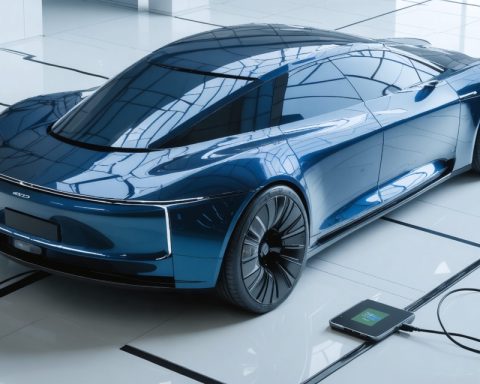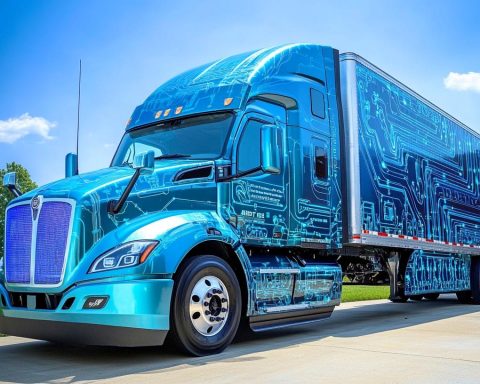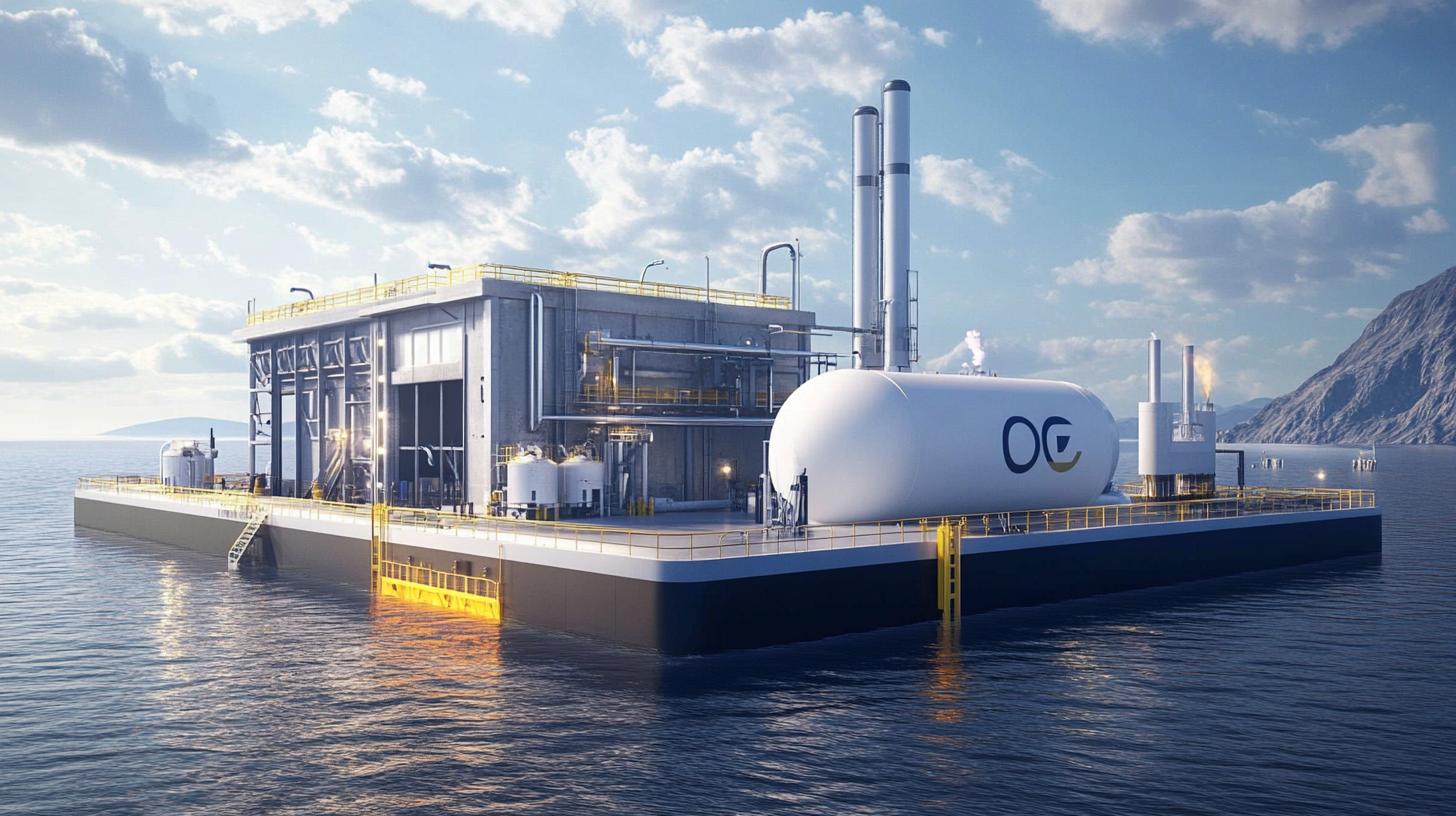In the quest to advance clean energy, hydrogen has long been praised as a green solution but has faced significant obstacles, particularly in comparison to natural gas. One major hurdle is the cost associated with transporting hydrogen, which lacks the extensive pipeline infrastructure of its fossil fuel counterparts. Enter an innovative solution: compact electrolyzers.
Gabriel Rodriguez-Calero, co-founder of Ecolectro, is spearheading efforts to decentralize hydrogen production by creating shipping container-sized electrolyzers. This approach could potentially eliminate the logistical complexities and costs of transporting hydrogen, making it an appealing option for industries currently dependent on fossil fuels.
Rodriguez-Calero’s strategy involves manufacturing electrolyzers that combine the strengths of traditional technologies while shedding their weaknesses. Ecolectro designs membranes that are capable of enduring the challenges of alkaline electrolysis without relying on environmentally controversial PFAS compounds. This innovation also incorporates nickel as a cost-effective catalyst, sidestepping the use of expensive materials like iridium or platinum.
The start-up has already developed a prototype electrolyzer with a modest capacity, currently being used by Liberty Utilities in New York. This 10-kilowatt model paves the way for a larger commercial unit, slated for release soon, that promises to deliver substantial amounts of hydrogen daily, targeting industries looking to gradually transition.
Backed by a $10.5 million investment led by Toyota Ventures, Ecolectro aims to bring down hydrogen production costs significantly, aligning with ambitious goals set by energy authorities. The modular approach may just be the key to overcoming the economic barriers that have long hindered hydrogen’s potential as a climate-friendly energy source.
Revolutionizing Clean Energy: How Decentralized Hydrogen Production Could Transform Industries
In the ambitious race toward sustainable energy solutions, hydrogen has persistently stood in the spotlight as a possible game-changer. Despite its allure, hydrogen has been hampered by logistical and economic challenges, especially when faced with transporting this clean energy source. However, an innovative breakthrough in decentralizing hydrogen production may soon clear the path for its pervasive use.
Compact Electrolyzers: A Game-Changer in Energy
The excitement surrounding compact electrolyzers isn’t just about potential economic benefits. By decentralizing hydrogen production, these devices could instigate a transformation across multiple sectors. Ecolectro’s pioneering work, directed by co-founder Gabriel Rodriguez-Calero, suggests that industries, communities, and countries can greatly benefit from locally produced hydrogen.
Impact on Industry and Society
1. Reduced Carbon Footprint: By localizing hydrogen production, industries that heavily rely on fossil fuels can drastically reduce their carbon footprint. This is particularly relevant for sectors such as steelmaking and heavy transportation, which have historically struggled to decarbonize.
2. Energy Autonomy for Communities: More localized hydrogen production infrastructure translates to increased energy independence for communities. Through compact electrolyzers, small to mid-sized communities may meet their energy needs sustainably without relying on large, centralized power plants.
3. Economic Opportunities: The rise of decentralized hydrogen production could spur job creation, fostering new tech-focused companies and stimulating local economies.
Interesting Facts and Controversies
– Cost-Effective Catalysts: Ecolectro’s choice to use nickel as a catalyst, bypassing pricier elements like platinum, not only reduces expenses but also sparks debate over resource allocation in green tech innovations.
– Environmental Debates on PFAS: While avoiding the controversial PFAS compounds in their designs, Ecolectro highlights ongoing debates over the environmental and health impacts associated with these substances, pushing forward the narrative for cleaner production processes.
Key Questions and Answers
– Why hasn’t hydrogen been more widely used before now?
The primary barriers have been infrastructure for transportation and high costs related to production. Compact electrolyzers are set to tackle these challenges by generating hydrogen where it’s needed.
– How will this technology affect global energy policies?
As decentralized production becomes viable, countries may revise their energy policies to incorporate more hydrogen, reducing dependency on fossil fuel imports and investing more in locally tailored energy solutions.
Suggested Links for Further Reading
In conclusion, as Ecolectro and similar ventures unfold, the decoupling of energy production from large centralized systems could fundamentally reshape our approach to both industrial and residential energy use. The ramifications of widespread, decentralized hydrogen production extend well beyond environmental benefits, promising significant economic, social, and technological advances.
